A new policy makes its way into De Pere High School – the phone policy.
Students spent a whole summer with their phones in hand, but now they just stare at their phones sitting in a slot holder during class. They groan and roll their eyes when they hear they have to put their phones away. Some even lie and say their phone is in their locker solely because they physically can’t part from it.
This is the situation one would expect, but the insights given from a few of the De Pere High School teachers show many positives with this new policy.
The bell-to-bell policy dictates that students may not use any cellular devices unless instructed to, from the moment the bell rings to indicate that class has started until the bell rings to indicate the end of class.
Although there are occasional medical exceptions, the policy remains strong for the most part, although after speaking with a wide variety of teachers – some who have taught for 25+ years and others who have just begun their journey – there seem to be cracks in the system.
“It’s only going to continue to have a positive impact if all the teachers are on the same page and we all continue to make a point to keep the policy in place,” said Ms. Allen, a first-year science teacher. “The only way for it to have a super big impact is if everyone sticks to the policy.”
On the other hand, Mrs. Hawley, an ELA teacher who has been in business for 34 years, states, “I’m noticing that students are paying more attention. I’m not having to fight looking to see if they have a phone in their lap or whatnot.”
All teachers interviewed said that a large majority of students have been following the policy and have had many improvements in their work ethic.
“I see a lot more attentiveness from my students right out of the gates,” said Mrs. Gajewski, a veteran math teacher.
Ms. Allen sees the same habits.
“Their willingness to participate in class and be engaged has increased immensely,” she said.
Teachers and students across the country are now uniting over an approach that settles one of the biggest debates of all time: Should students be able to have their cell phones in school?
Given the national background of the policy, 20 states have completely banned personal devices in school. Wisconsin leaves the choice to local districts.
The phone policy has affected not only the student body of De Pere High School, but also those enforcing it.
“I also believe it’s going to stay with us as it’s becoming nationwide,” said Ms. Nelson, a veteran science teacher. “It’s not just unique to DPHS; it’s now a responsibility for each teacher to hold themselves accountable.”


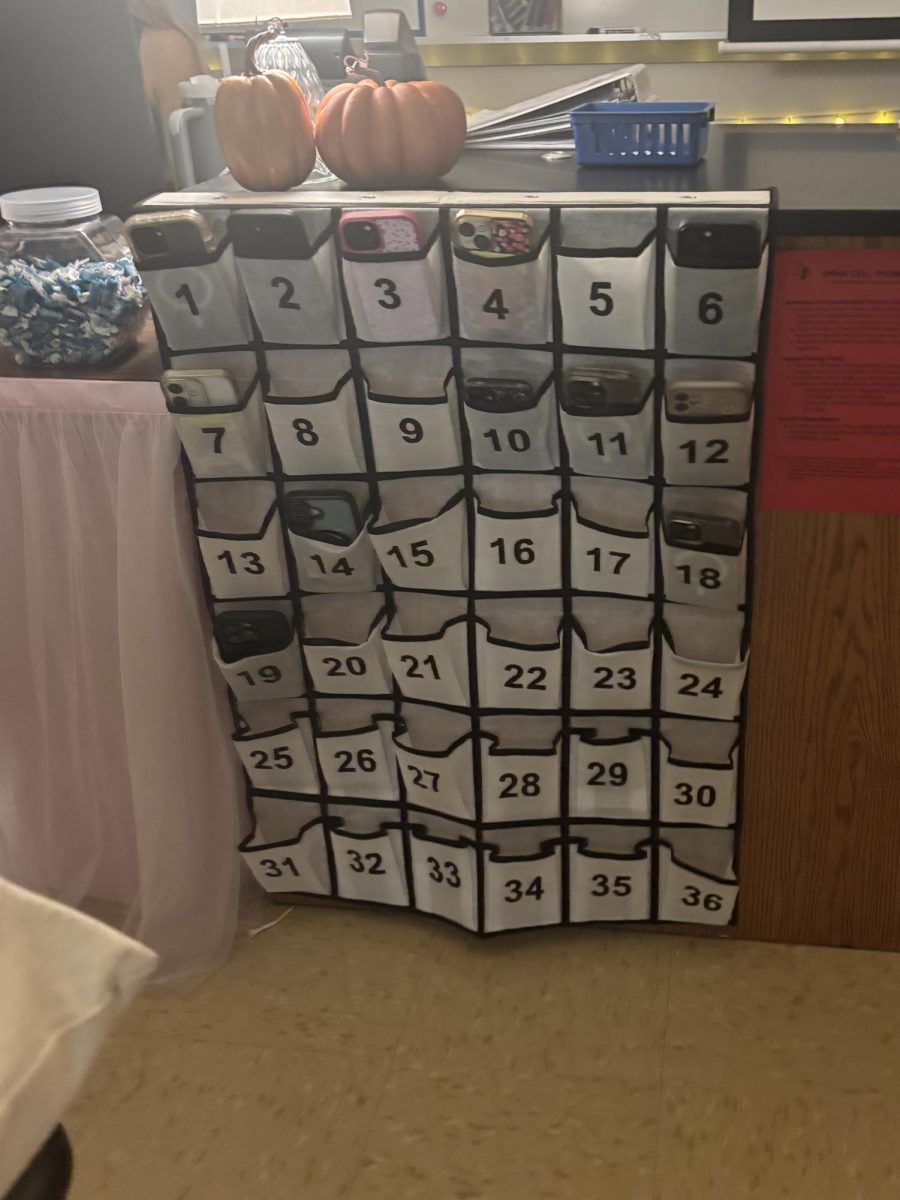




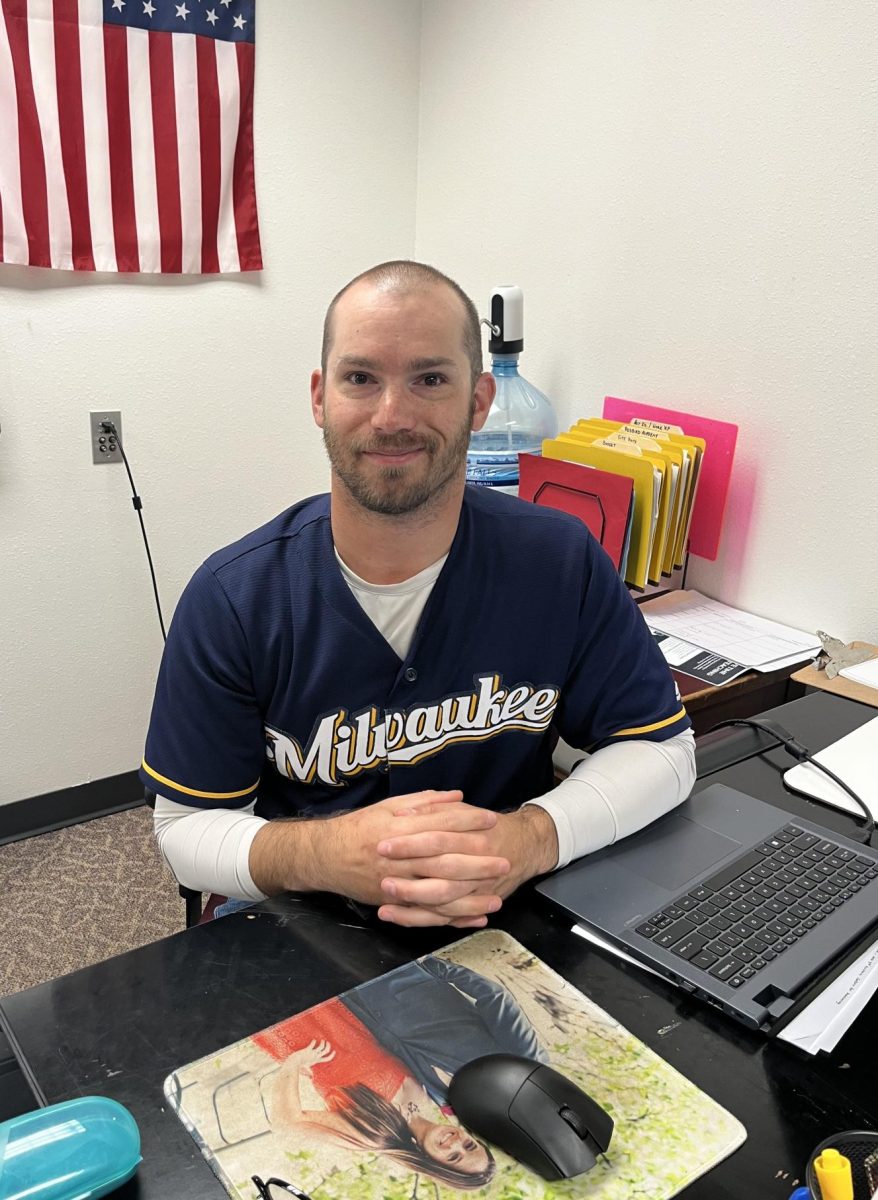

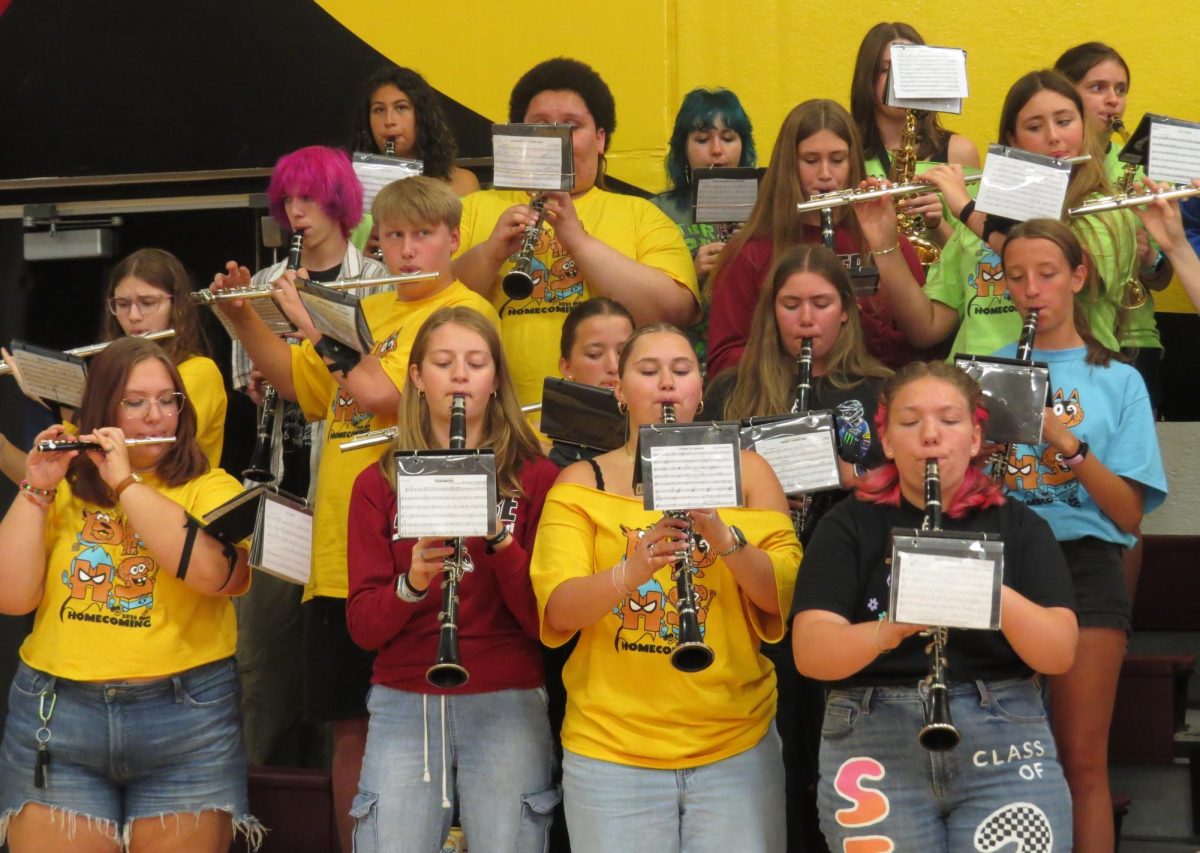





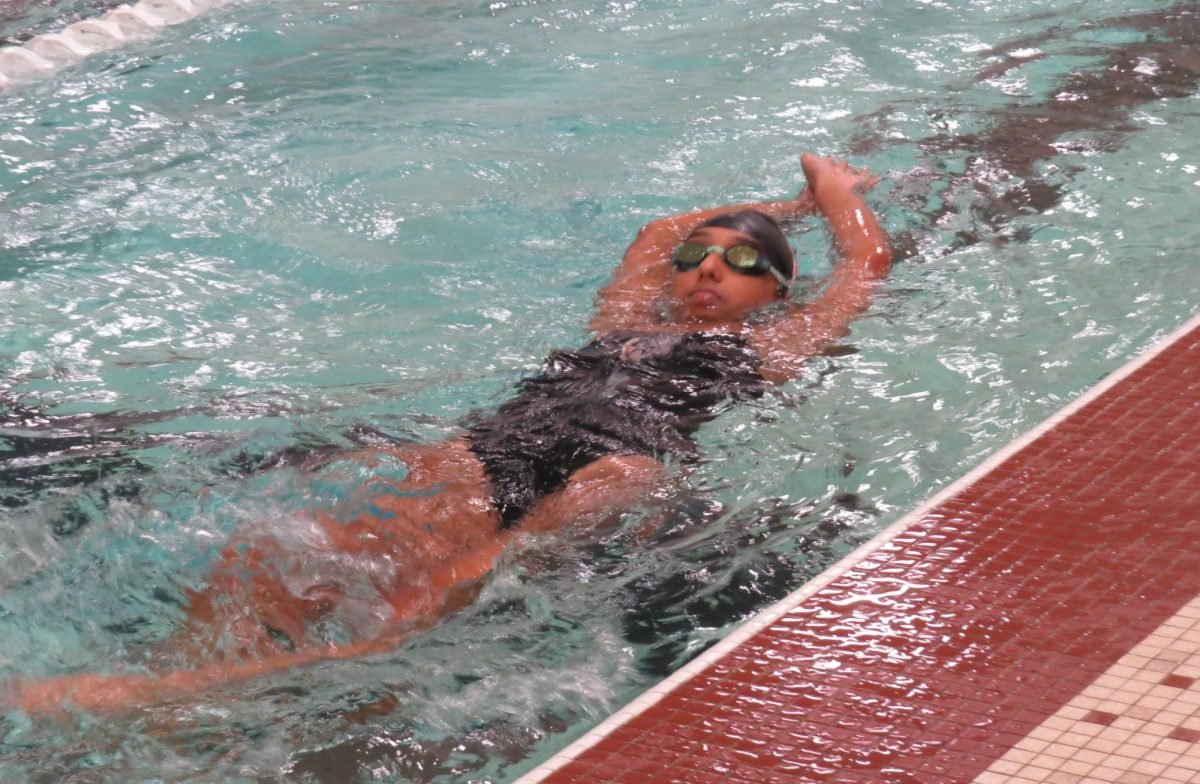



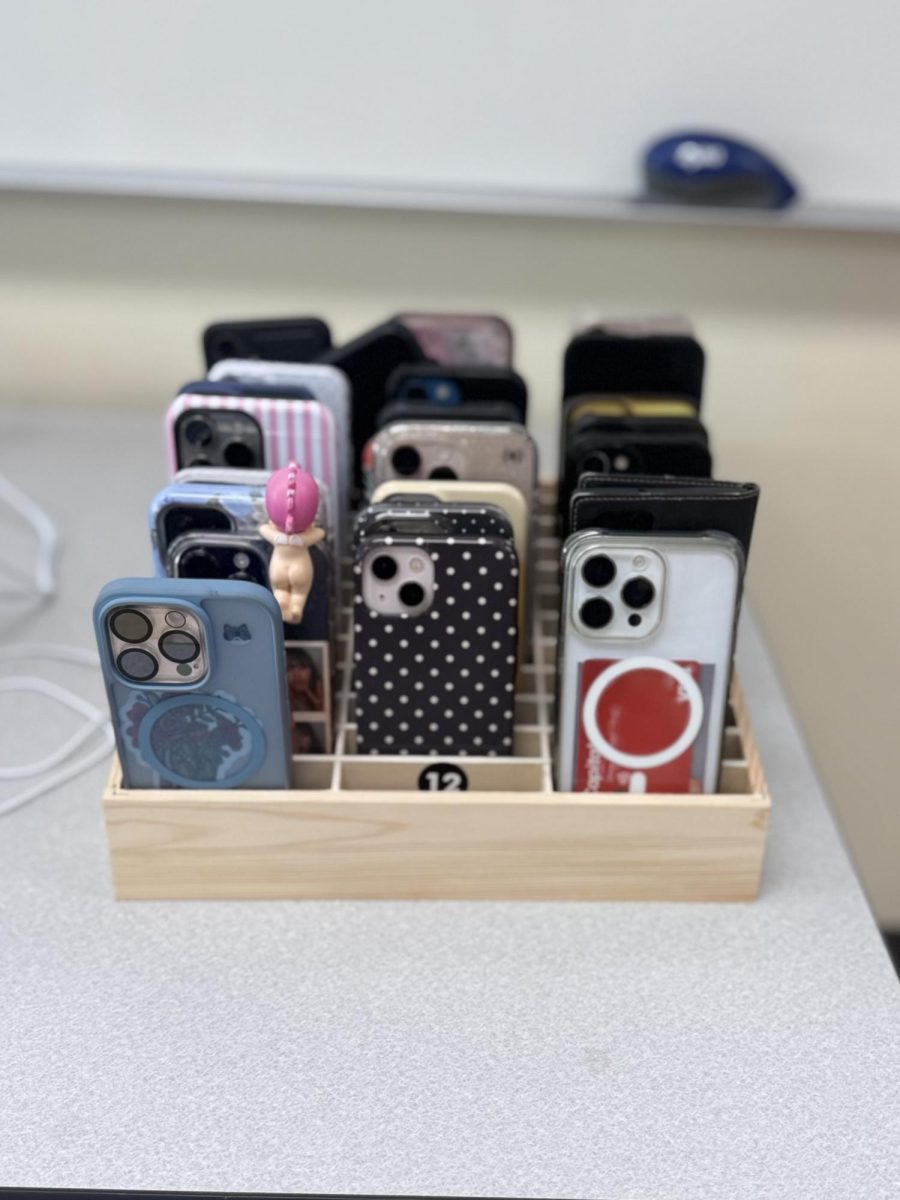
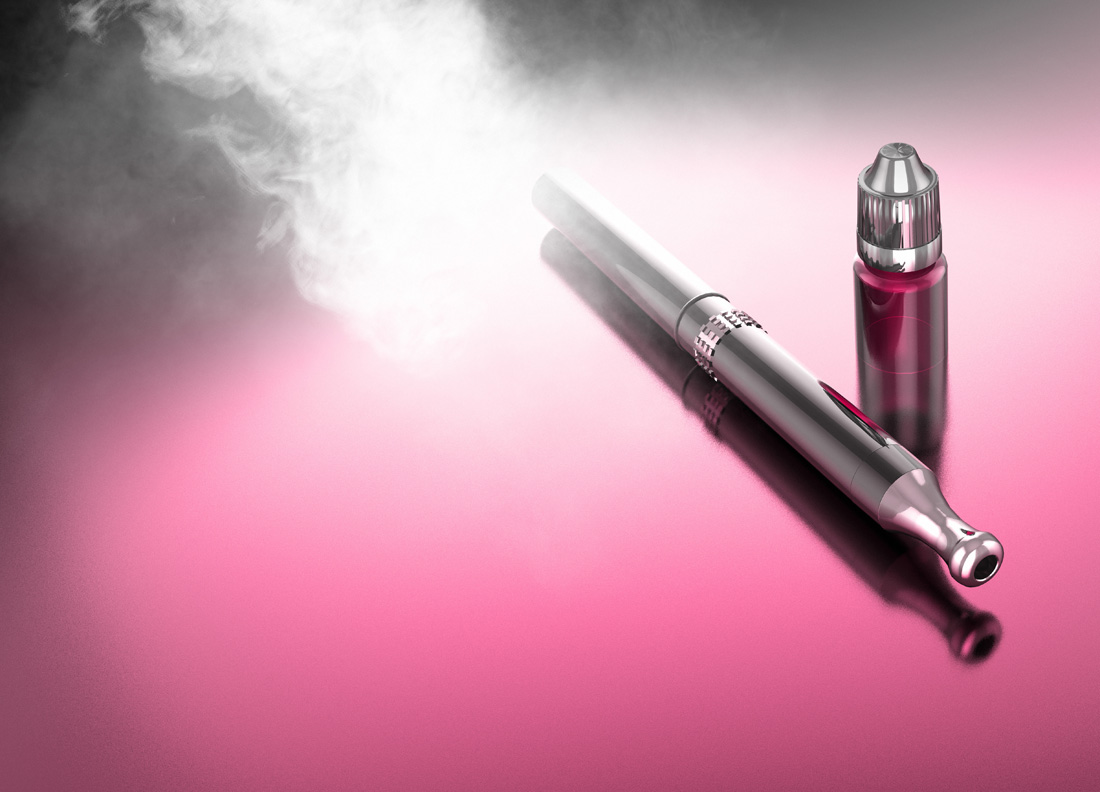


Taylor Eason • Sep 19, 2025 at 9:59 am
Even last year, I think it would’ve helped a lot more to have this policy. I had teachers who tried to have students put up phones but the students put up so much resistance to this rule because it wasn’t required. It’s easier to follow a rule than to resist it.